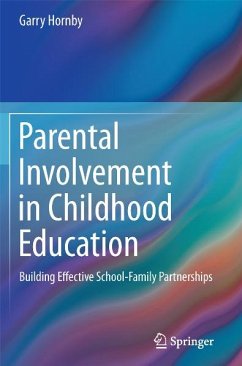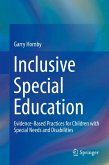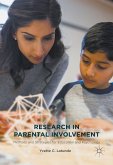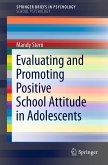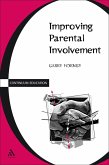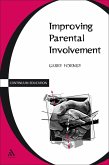The author's starting point is the gap between the ideals found in the literature and the reality of parental involvement in schools. An ecological analysis identifies professional, institutional, and societal factors that keep schools and parents distant. Methods for evaluating parental involvement are detailed, as is a model for developing and maintaining strong parental relationships at the instructor, school, and education system level, with an emphasis on flexible communication and greater understanding of parents' needs. This empirically sound coverage offers readers:
- A detailed understanding of obstacles to parental involvement.
- An evidence-based model for parental participation.
- A three-nation study of parental involvement practices in schools.
- Guidelines for implementing parental involvement activities and initiatives.
- A review of effective communication strategies with parents.
- Analysis of key interpersonalskills for effective work with parents.
Parental Involvement in Childhood Education is essential reading for practitioners and researchers in school psychology and counseling, social work, and educational psychology, whether they work directly with schools or in providing training for teachers and other professionals who work with children and their parents.
Dieser Download kann aus rechtlichen Gründen nur mit Rechnungsadresse in A, B, BG, CY, CZ, D, DK, EW, E, FIN, F, GR, HR, H, IRL, I, LT, L, LR, M, NL, PL, P, R, S, SLO, SK ausgeliefert werden.
"This book is a concise yet comprehensive guide in building partnerships between parents and teachers, increasing parental involvement in their children's education. ... I found this book to be very helpful in addressing the factors in building effective partnerships between families and schools. ... Individuals working in the school system would benefit from reading this book as it presents many ideas that could be easily implemented in their practice and potentially reap great results." (Sandra E. James, Journal of Child and Family Studies, Vol. 21, 2012)

